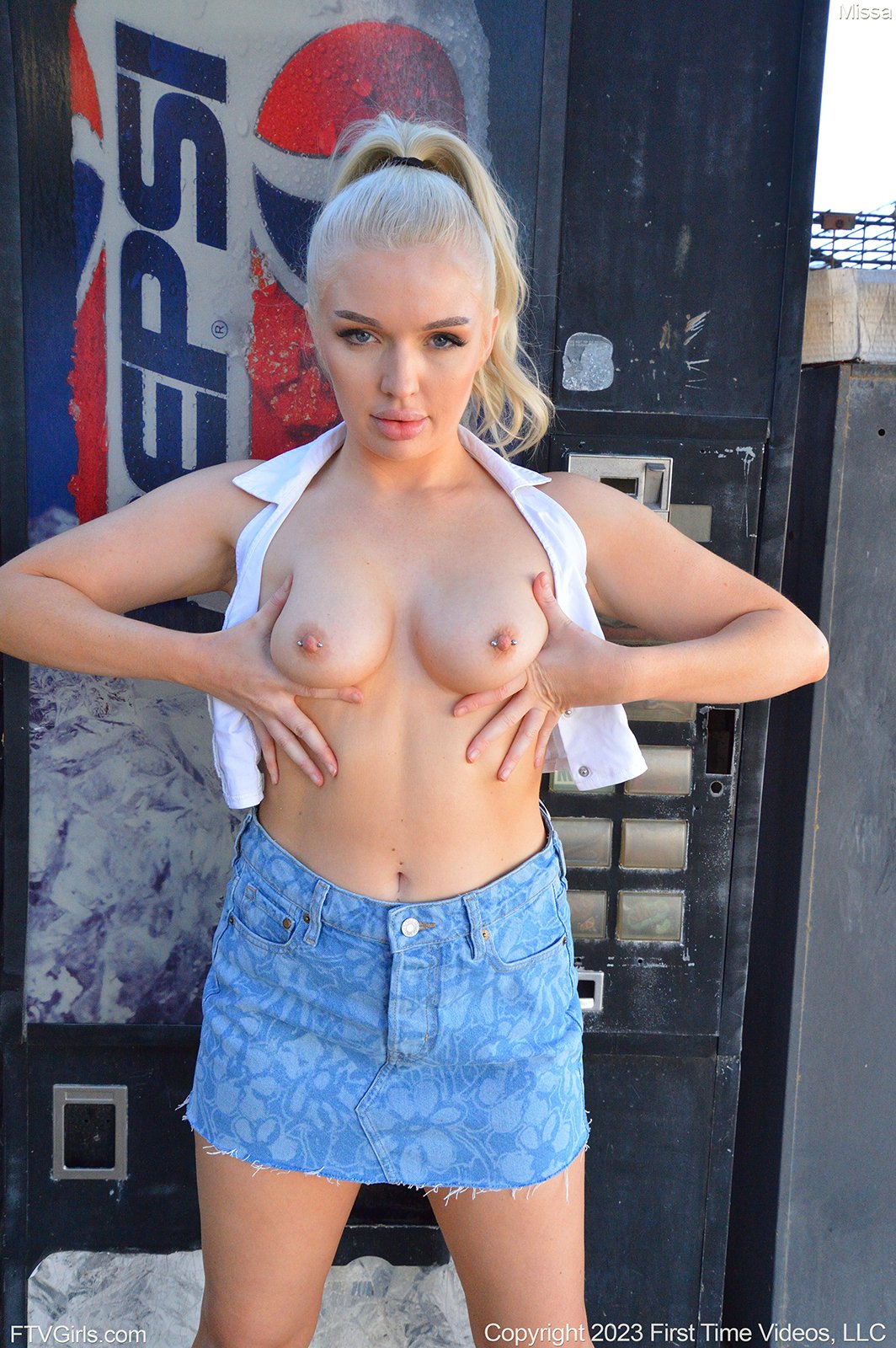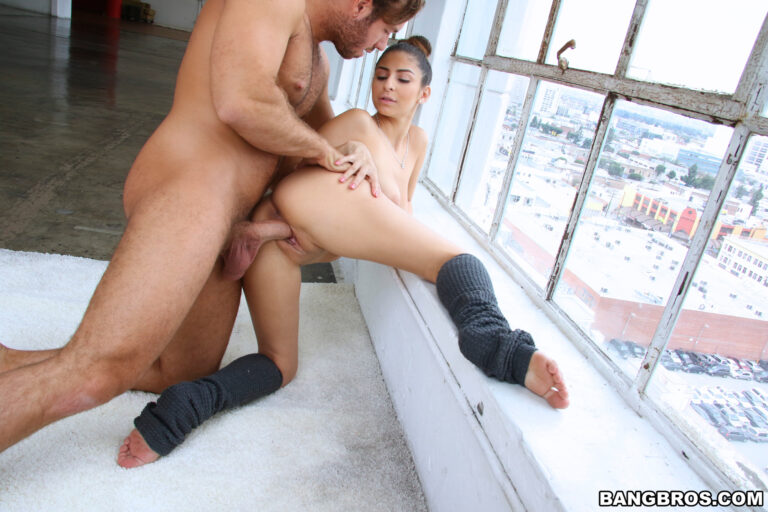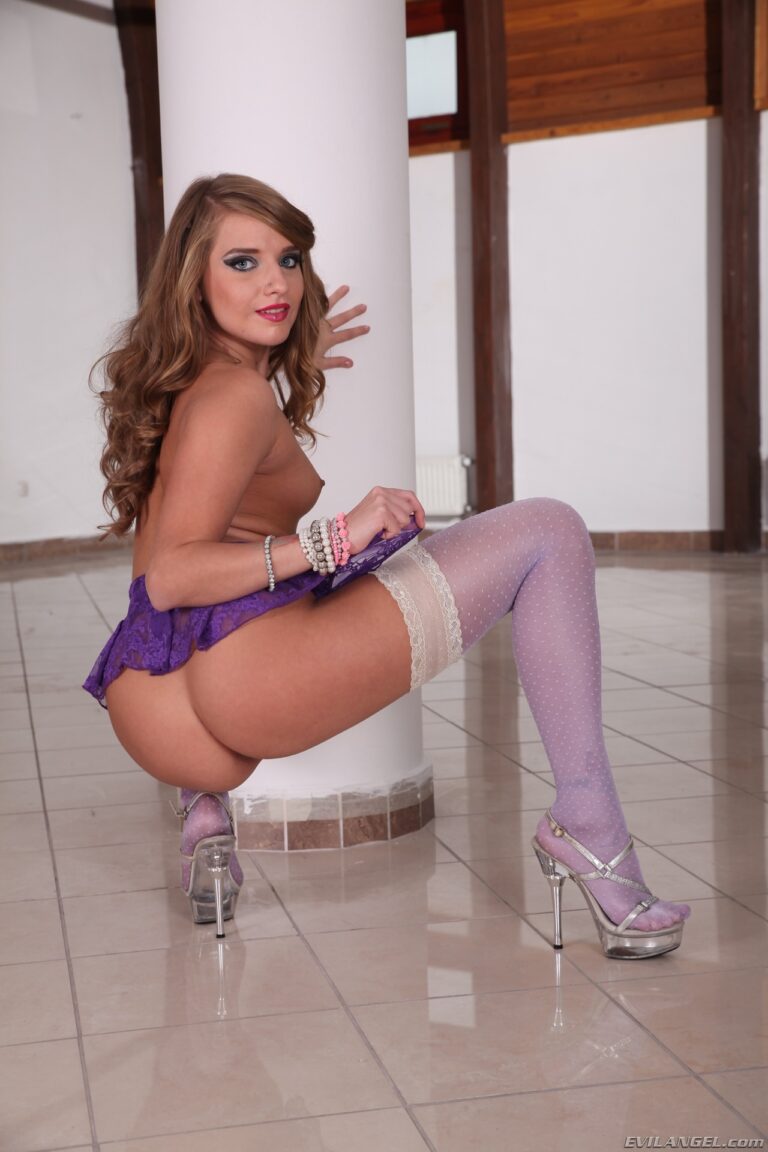The Allure and Impact of Erotic Literature
Erotic literature, often categorized under titles such as “erotic story” or “+18 story,” has been a part of human culture for centuries. From the sensual poetry of the ancient Greeks to the racy novels of today, this genre has persisted as a way for people to explore their sexuality and desires in a safe and private setting. But what is it about erotic literature that continues to captivate readers, and what impact does it have on society and individuals?
First, it’s important to understand what erotic literature is and what it is not. At its core, erotic literature is writing that is intended to arouse the reader’s sexual desires and fantasies. This can include everything from steamy romance novels to explicit pornographic stories. However, the key difference between erotic literature and other forms of adult content, such as pornography, is that erotic literature often focuses on the emotional and psychological aspects of sexuality, rather than just the physical act.
One of the reasons that erotic literature has persisted throughout history is its ability to provide a safe space for people to explore their desires and fantasies. In real life, people may feel embarrassed or ashamed porn videos to express their sexual desires, especially if they are unconventional or taboo. But in the pages of an erotic story, readers can explore these desires without fear of judgment or consequences. This can be especially liberating for people who may feel repressed or restricted in their real lives, whether due to societal expectations, cultural norms, or personal beliefs.
Another reason that erotic literature is so captivating is its ability to tap into the human imagination. Unlike pornography, which often relies on visual stimuli, erotic literature relies on the reader’s own imagination to create the images and scenarios in their mind. This can make the experience of reading erotic literature more personal and intimate, as the reader is actively participating in the creation of the story.
However, erotic literature is not without its controversies and criticisms. Some argue that it can perpetuate harmful stereotypes and ideas about sexuality, particularly when it comes to gender roles and power dynamics. Others worry that it can desensitize readers to the realities of sexual violence and coercion.
It’s important to note, however, that not all erotic literature is created equal. Just as with any genre, there is a wide range of quality and content within erotic literature. Some stories may be well-written and thought-provoking, while others may be poorly written and offensive. It’s up to the reader to exercise discretion and critical thinking when choosing which stories to engage with.
In conclusion, erotic literature is a complex and multifaceted genre that has persisted throughout history due to its ability to provide a safe space for people to explore their desires and fantasies, and to tap into the human imagination. While it is not without its controversies and criticisms, it is an important part of human culture and sexual expression. As with any form of media, it’s important for readers to approach erotic literature with a critical and discerning eye, and to use it as a tool for self-discovery and growth.





